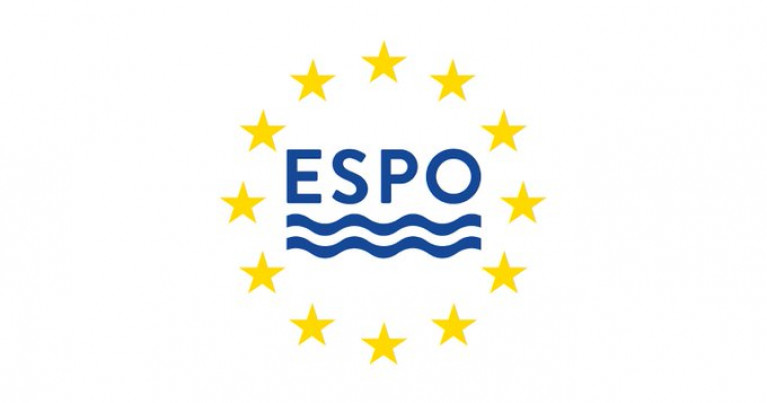Displaying items by tag: Submit: 1 July
The European Sea Ports Organisation (ESPO) Award 2021 will reward the port’s role in contributing to the recovery and prosperity of the local community.
The ESPO Award on Social Integration of Ports is entering its 13th edition, with the theme “Role of ports in the recovery of the city and the local community”. Project submissions have to reach the ESPO Secretariat by Thursday 1 July 2021 at the latest. The application form and the terms of reference are available on the ESPO website.
The ESPO Award 2021 will go to the port managing body that succeeds best in playing a role in the recovery from the current crisis and in contributing to enhancing the prosperity of the city, local community and region. The winning port will demonstrate to what extent its focus and activities are essential for the recovery of the surrounding city and local community and which successful steps it is taking to assist in the social, cultural and economic recovery and prosperity of the city, local community and region.
“Europe’s ports have been playing a critical and essential role for society and the economy during the COVID-19 pandemic by remaining open and operational throughout the whole crisis. They have made tremendous efforts to ensure that goods continue to reach consumers and industries. Today, more than ever in their recent history, they live up to their function as ‘engines for growth’, taking central stage in the recovery of Europe and in bringing back prosperity to their local community, their city and their wider hinterland,” says Dimitrios Theologitis, former Head of the port policy unit in DG MOVE at the European Commission. Mr Theologitis is the new Chair of the ESPO Award jury.
The 13th ESPO Award will be officially handed out during an Award Ceremony and Dinner, which will take place in November 2021 in Brussels (exact date to be confirmed).
ESPO Award 2020: Algeciras Port Authority wins the ESPO Award – The 2020 Award Ceremony was held in a digital way given the health restrictions related to COVID-19.
About the ESPO Award
The ESPO Award was established in 2009 to promote innovative projects of port authorities that improve social integration of ports, especially with the city or wider community in which they are located. In this way, the Award aims to stimulate the sustainable development of European ports and their cities.
Previous winners of the Award are the Port of Gijón (2009), the Port of Helsinki (2010), the Ports of Stockholm (2011), the Port of Genoa (2012), the Port of Antwerp (2013), the Port of Koper (2014), Port of Dublin (2015), BremenPorts (2016), Guadeloupe Ports Caraïbes (2017), Port of Rotterdam (2018), Port of Dover (2019), and Algeciras Port Authority (2020).
























































